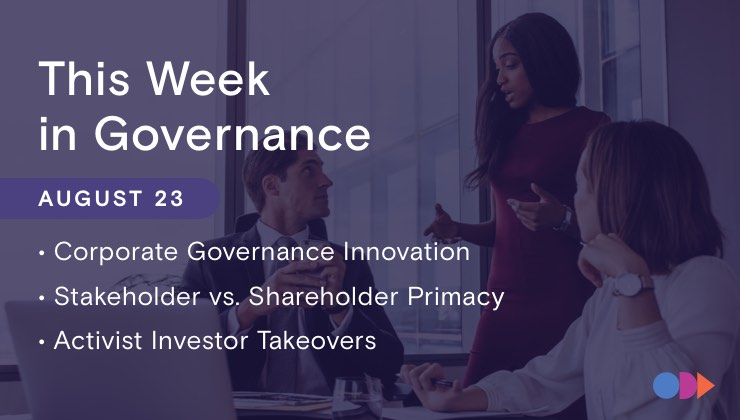About The Author

- Rob Kunzler is OnBoard’s Chief Marketing Officer. With 20+ years of executive marketing leadership experience, Kunzler brings proven expertise in brand development, lead generation, partner and alliance marketing, direct marketing, product marketing, digital marketing, and public relations.
Latest entries
 Board Management SoftwareJuly 27, 2023How the Intersection of Boards and New Technology Impacts Governance
Board Management SoftwareJuly 27, 2023How the Intersection of Boards and New Technology Impacts Governance Board Management SoftwareSeptember 30, 2021Collaborative Leadership, the Mother of All Lawsuits & the Arrival of EOY Board Work
Board Management SoftwareSeptember 30, 2021Collaborative Leadership, the Mother of All Lawsuits & the Arrival of EOY Board Work Board Management SoftwareSeptember 21, 2021Big Names vs. Real Governance, Board Accountability, and Latino Board Diversity
Board Management SoftwareSeptember 21, 2021Big Names vs. Real Governance, Board Accountability, and Latino Board Diversity Board Management SoftwareSeptember 13, 2021ESG Greenwashing, Board Cybersecurity, and the Value of Board Assessments
Board Management SoftwareSeptember 13, 2021ESG Greenwashing, Board Cybersecurity, and the Value of Board Assessments


